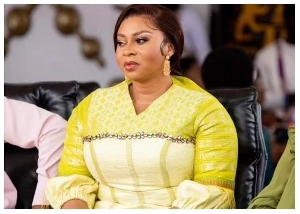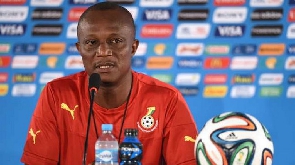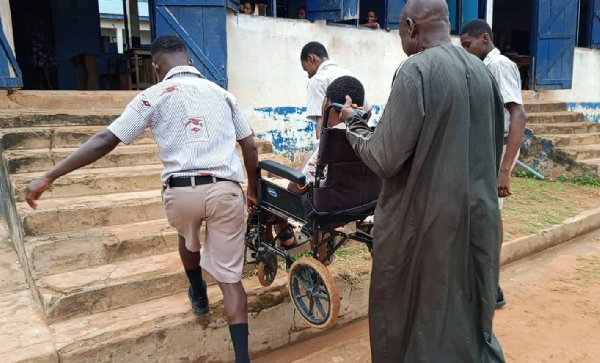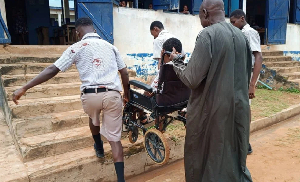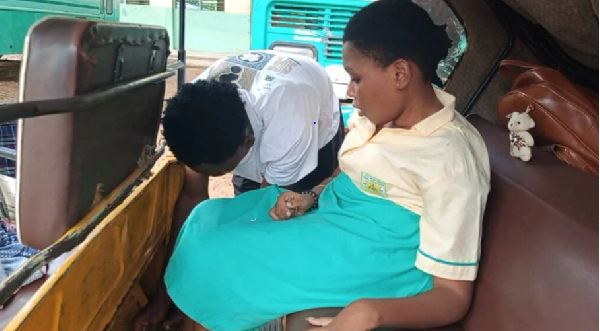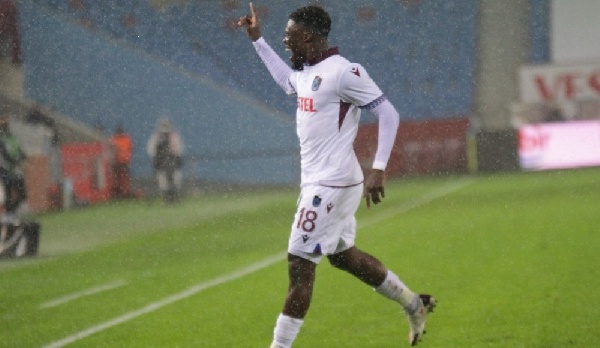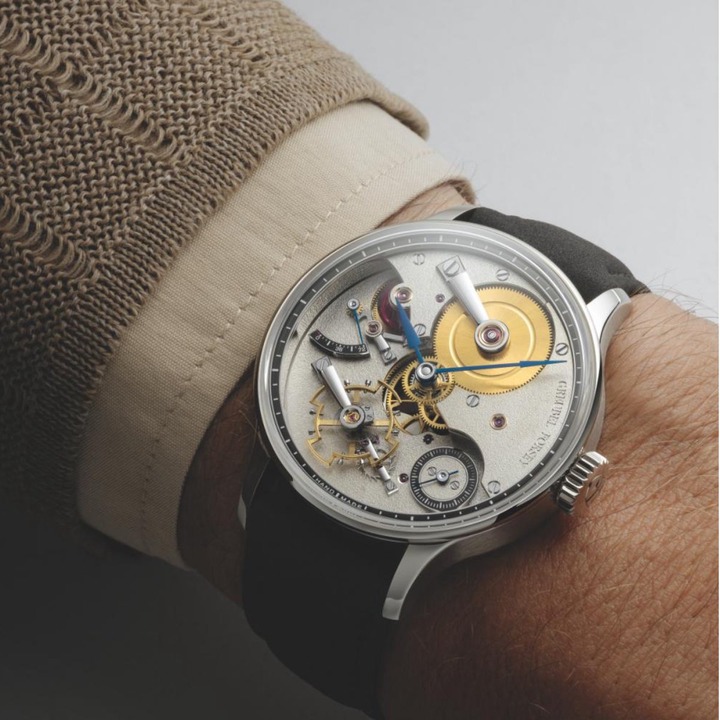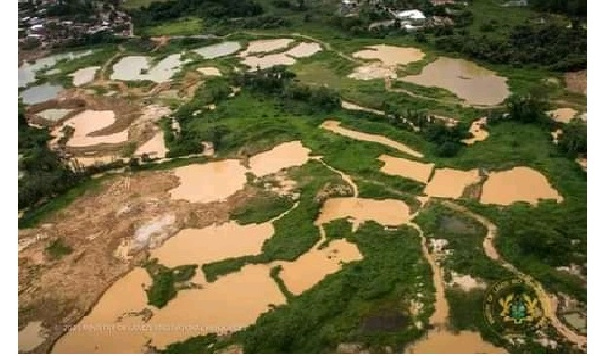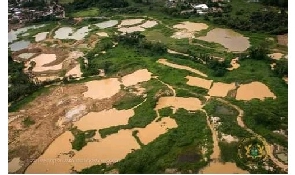In 1979, Elizabeth Ohene became the first woman appointed as the editor of Ghana’s leading newspaper, The Daily Graphic.
It was an era when the newsroom was almost exclusively male, and women’s voices, when heard, were confined to the softer beats of society reporting.
Elizabeth Ohene shattered that norm. Decades later, Ghanaian women have made remarkable strides in the media, but the road to true equality remains long and fraught with barriers.
This year’s International Women’s Day (IWD) theme, “Accelerate Action,” is a fitting challenge to the media industry in Ghana. It is a call to move beyond rhetoric and into tangible reforms that ensure women are not just present in journalism but wielding real influence. The slow pace of gender parity in media leadership is not just a matter of fairness, as it has direct consequences for the quality of journalism, representation in public discourse, and the health of our democracy.
Women in Media: Representation vs. Influence
On the surface, Ghanaian media appears to have made progress. Women anchor prime-time news, host morning political shows, and lead digital platforms. However, scratch deeper, and a troubling reality emerges. A 2023 report by the Media Foundation for West Africa (MFWA) found that while women make up about 35% of the media workforce in Ghana, only 20% hold managerial positions.
The disparity is even starker in political reporting, investigative journalism, and editorial decision-making. Newsroom cultures remain shaped by traditional gender roles, where men dominate political and economic beats while women are pushed towards lifestyle and entertainment coverage. A study by Gallagher (2017) on gender in media leadership globally confirms this pattern, noting that “women’s presence in media does not automatically translate into editorial influence.” The challenge, therefore, is not just to put women in newsrooms but to accelerate their rise into positions of real power.
The Economics of Gender Bias in Journalism
Beyond representation, gender bias in media has financial consequences. A 2022 UNESCO study on gender and journalism found that in many African countries, including Ghana, women journalists are paid 20–30% less than their male counterparts for the same work. This wage gap is partly due to the freelance-heavy nature of women’s employment in media, making them more vulnerable to precarious contracts and career instability.
A Ghanaian journalist once told me, “I do the same investigative work as my male colleagues, sometimes better, but when it comes to salary discussions, promotions, and big assignments, I am overlooked.” Her experience is not unique. A 2021 report by the International Federation of Journalists (IFJ) noted that women in media are more likely to be passed over for promotions because employers assume they will prioritize family responsibilities over their careers.
Addressing this requires deliberate policy changes. Media houses must implement transparent pay structures, ensure equitable promotions, and establish mentorship programmes that actively support women in climbing the editorial ladder.
The Double Burden: Gendered Harassment in the Media
For many Ghanaian women in media, the glass ceiling is only one part of the struggle. Online harassment and workplace discrimination are pervasive, discouraging women from engaging in hard-hitting journalism. A 2023 MFWA survey found that nearly 70% of female journalists in Ghana had experienced some form of online abuse, particularly those covering politics and human rights.
Women journalists who challenge the status quo, particularly those who investigate corruption or critique power, often find themselves targeted by orchestrated digital attacks. A 2021 global UNESCO report on online violence against women in journalism found that such harassment is not just a social media problem; it silences women’s voices and leads to self-censorship.
To accelerate action against this, media organizations must establish clear policies on gender-based harassment, provide legal and psychological support for affected journalists, and pressure tech companies to hold online abusers accountable.
The Cost of Underrepresentation in News Coverage
When women are underrepresented in media leadership, it affects more than just journalists. It actually shapes the news itself. A 2022 study by the Global Media Monitoring Project (GMMP) found that only 24% of news sources in Ghanaian media are women, meaning the majority of stories are still told from a male perspective.
The consequences are serious. Issues affecting women, such as maternal health, gender-based violence, and economic inequalities, amongst others are often either underreported or framed through a lens that does not fully capture their impact. Media has the power to shape national discourse, and when women’s voices are marginalized in coverage, their concerns are marginalized in policy as well.
This is why having more women in editorial roles is critical. When women are part of decision-making structures, newsroom priorities shift. Stories that were once dismissed as “social issues” gain prominence as urgent national concerns.
Moving Beyond Symbolism: Real Steps for Change
Ghana’s media industry can no longer afford to treat gender equality as a side issue. Accelerating action requires several important steps. First, there must be a deliberate leadership development for women, with media organizations investing in training programs that prepare them for top editorial and managerial roles. Again, there must be equal pay and job security must be prioritized, replacing the current informal, male-dominated wage negotiations with transparent salary structures and fair contracts.
Further, newsrooms must also enforce policies against gender-based harassment, protecting women from both online and workplace abuse. Finally, a commitment to gender-balanced reporting is essential, with editors consciously including more women experts and sources in news stories to foster a diverse and representative public discourse.
A Future Worth Fighting For
Elizabeth Ohene’s generation paved the way, but the real test is whether today’s women in media will ascend to the highest levels of leadership and influence. Ghana has no shortage of talented female journalists; what it lacks is an industry willing to dismantle the barriers that still hold them back.
International Women’s Day 2025 should not be a moment of mere reflection or symbolic gestures. It must be a turning point and a call for real action. The strength of Ghana’s media landscape will be measured not just by its voices but by who holds the power to shape the narrative.
By Jimmy Kutin
(The writer is an award-winning senior media executive, educator, and leadership consultant. He holds master’s degrees in Business Administration, Communication Studies, Education, and African Studies and specializes in media innovation, organisational strategy, and fostering leadership excellence across diverse sectors).
Asaase Broadcasting Company airs on Asaase 99.5 Accra, Asaase 98.5 Kumasi, Asaase 99.7 Tamale, Asaase 100.3 Cape Coast, AsaasePa 107.3 (Accra).
Affiliates: Bawku FM 101.5, Bead FM 99.9 (Bimbilla), Mining City Radio 89.5 (Tarkwa), Nandom FM 101.9, Nyatefe Radio 94.5 (Dzodze), Sissala Radio 96.3 (Tumu), Somuaa FM 89.9 (Gushegu), Stone City 90.7 (Ho) and Wale FM 106.9 (Walewale).
Listen online: asaaseradio.com, Sound Garden and TuneIn.
Follow us:
X: @asaaseradio995, @Asaase985ksi, @Asaase997tamale, @asaase1003, asaasepa1073
Instagram: asaaseradio99.5, asaase985ksi, asaase100.3, asaase99.7tamale, asaasepa107.3
LinkedIn: company/asaaseradio995. TikTok: @asaaseradio99.5
Facebook: asaase99.5, asaase985ksi, Asaase100.3, asaase99.7, AsaasePa107.3.
YouTube: AsaaseRadioXtra.
Join the conversation. Accra: call 020 000 9951/054 888 8995, WhatsApp 020 000 0995. Kumasi: call 059 415 7985 or call/WhatsApp 020 631 5260. Tamale: call/WhatsApp/SMS 053 554 6468. Cape Coast: call/WhatsApp 059 388 2652.
#AsaaseRadio
#AsaasePa
#TheVoiceofOurLand
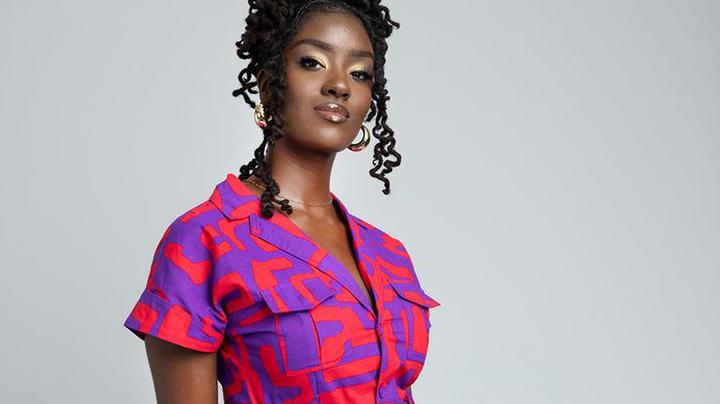
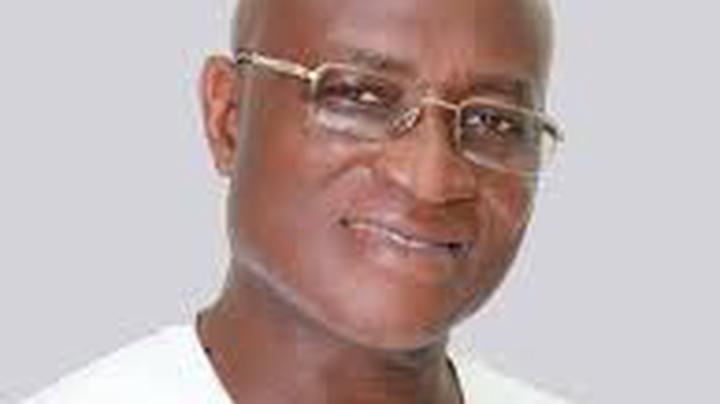



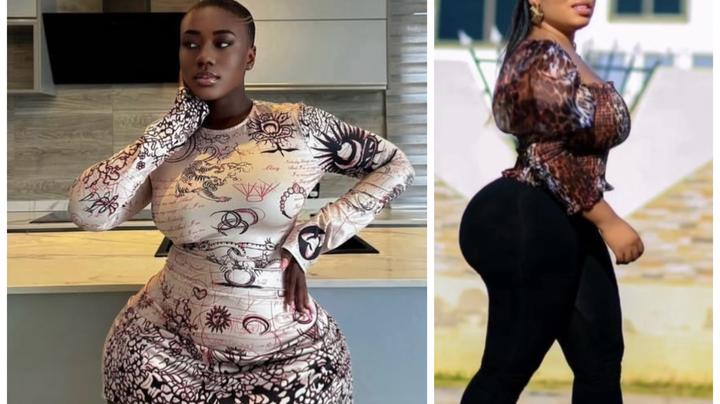



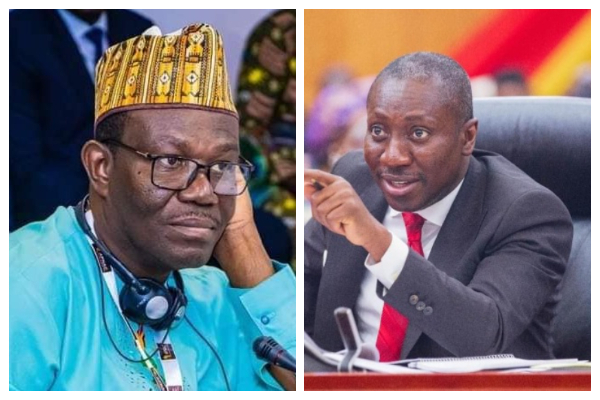
![Emmanuel Bedzrah [L] and Alexander Afenyo-Markin Emmanuel Bedzrah [L] and Alexander Afenyo-Markin](https://cdn.ghanaweb.com/imagelib/pics/247/24729675.295.jpg)
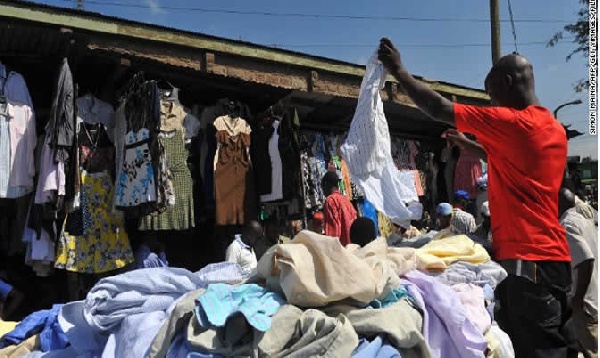
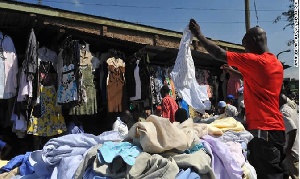
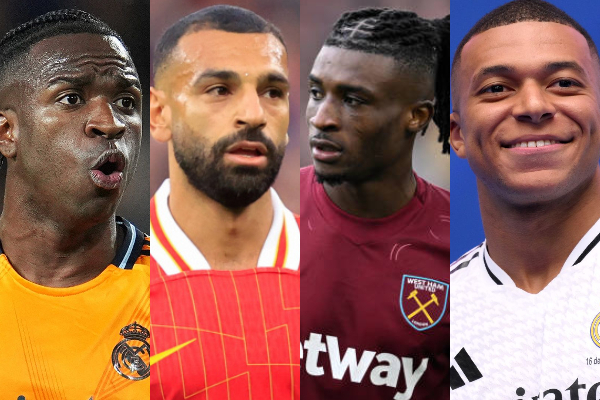


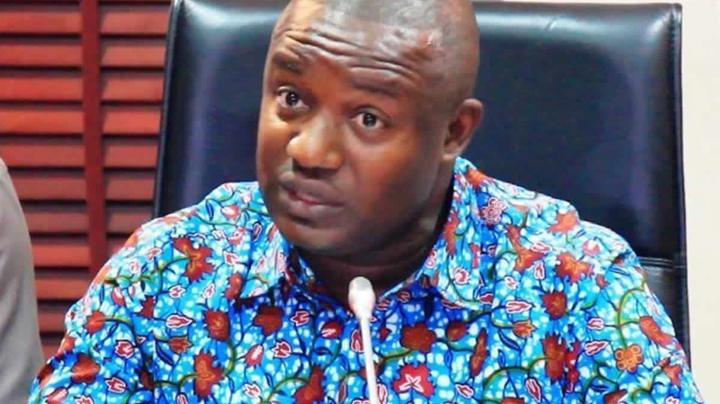

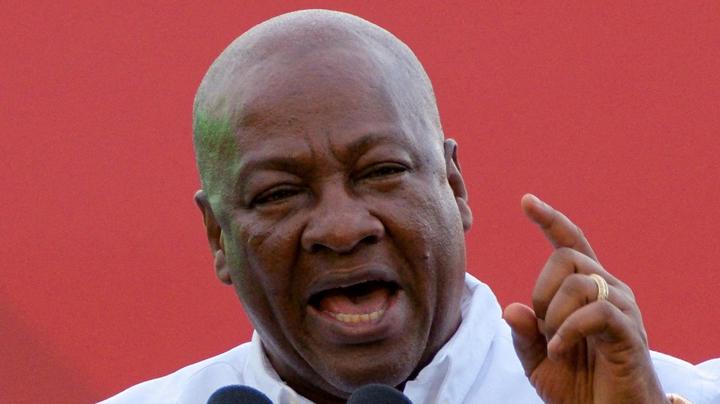




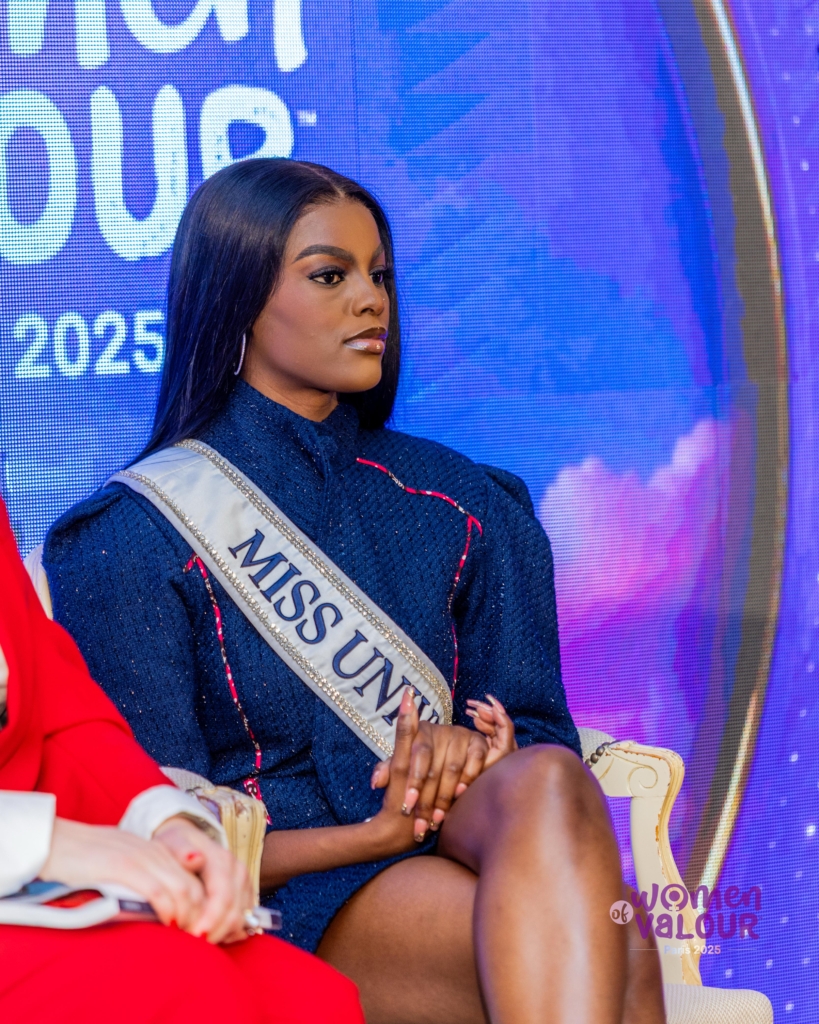
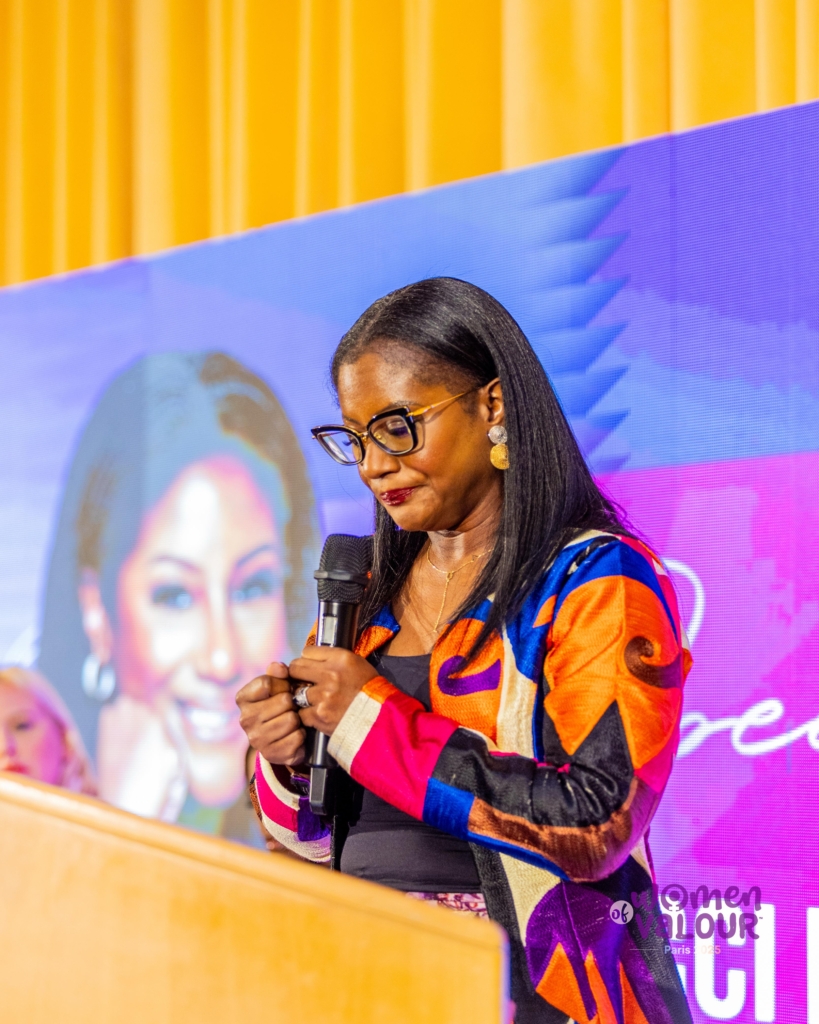
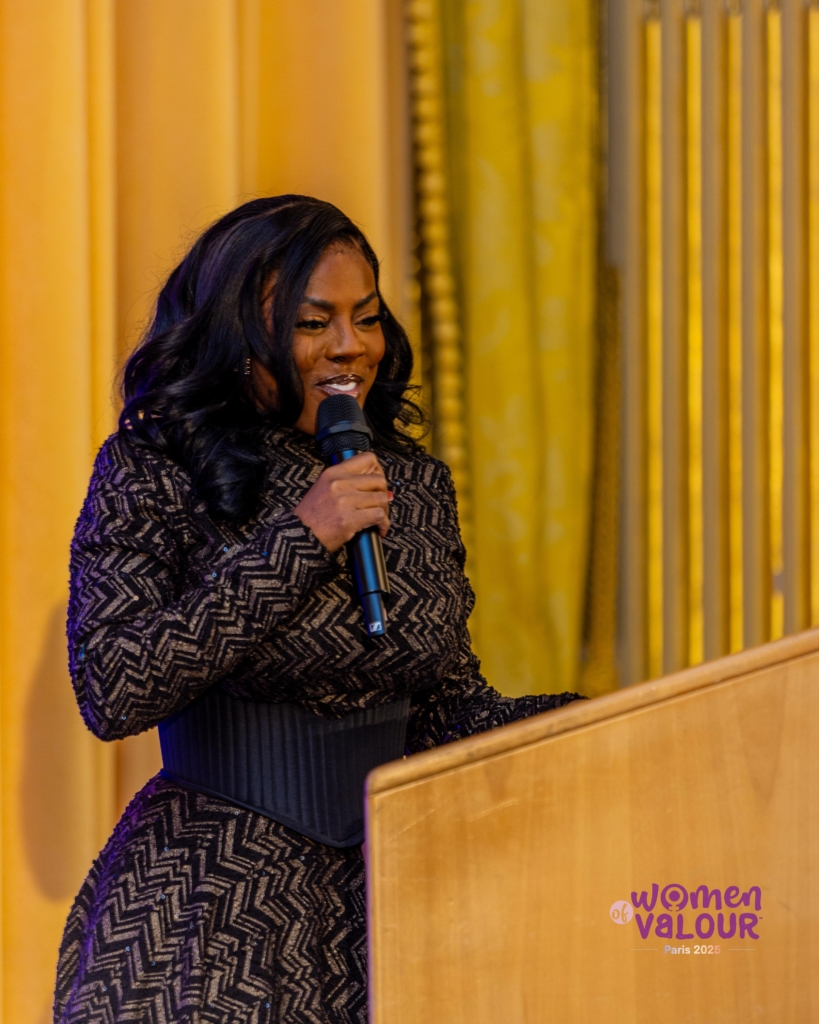
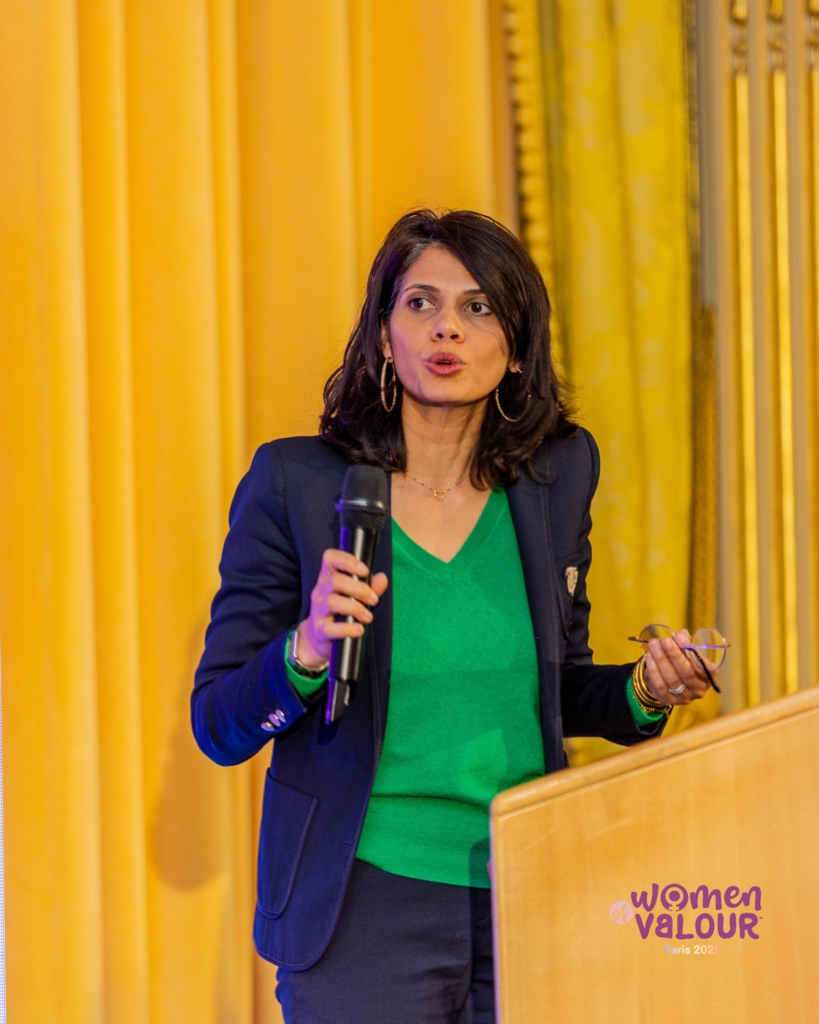
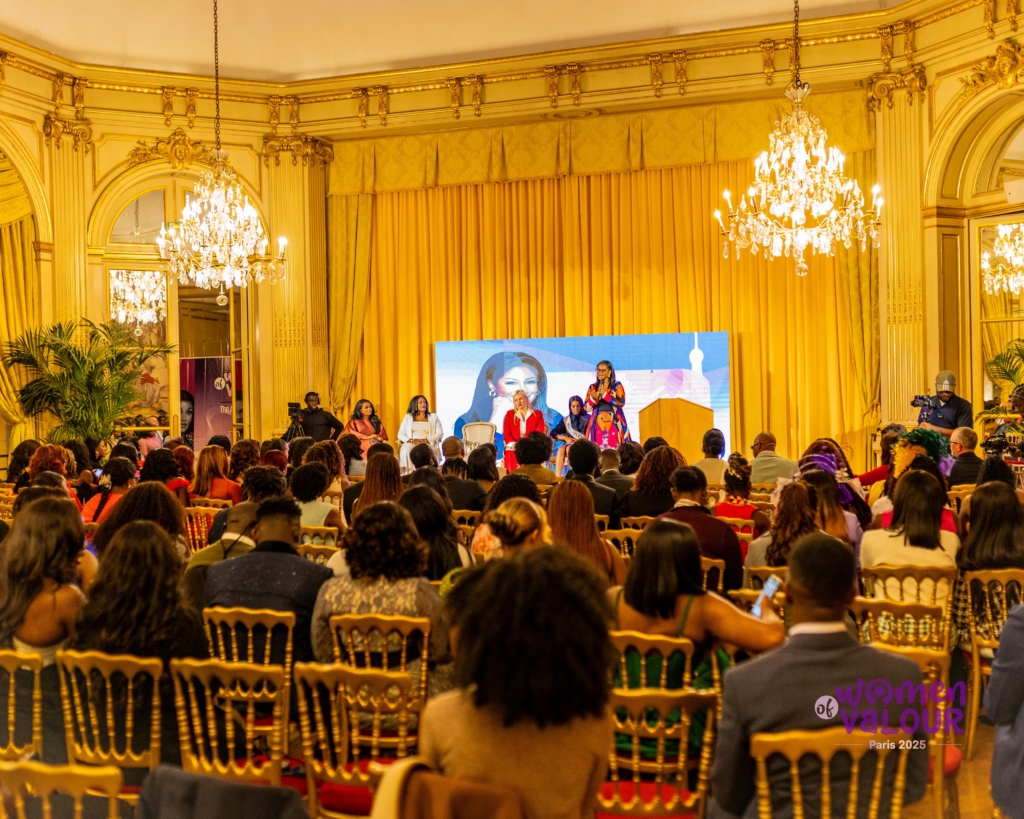

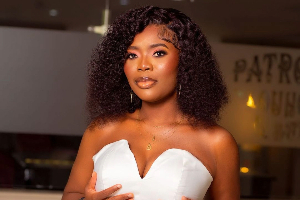

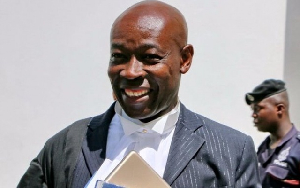






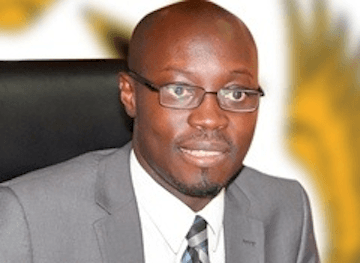
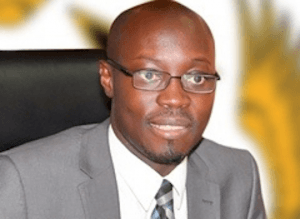
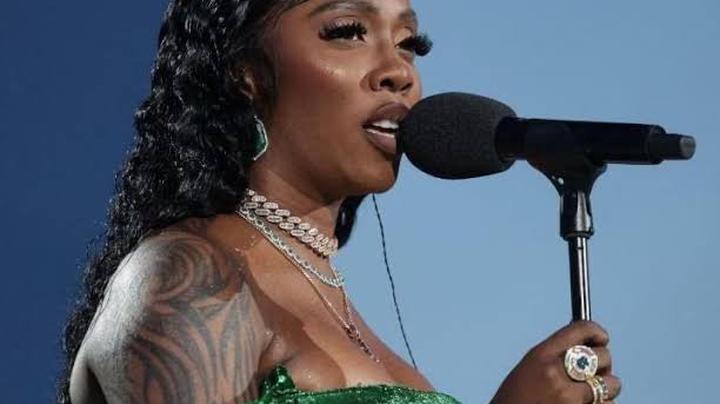
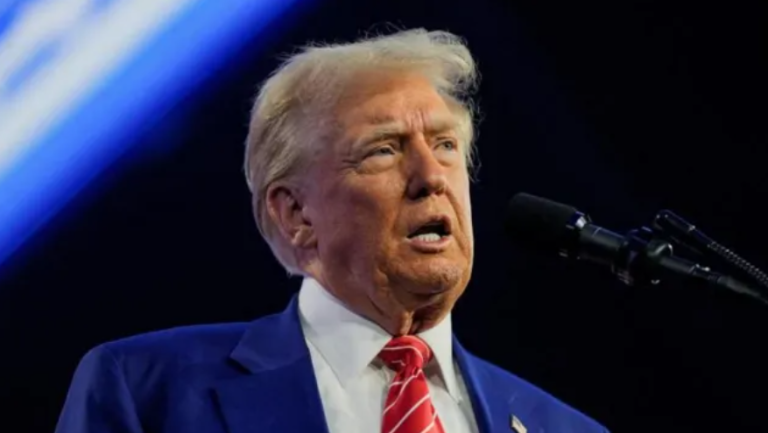

 The Amasaman Circuit Court has granted two farmers GH¢50,000.00 bail with two sureties each, in an alleged multiple land sale case.
The Amasaman Circuit Court has granted two farmers GH¢50,000.00 bail with two sureties each, in an alleged multiple land sale case.
![J.B Danquah [L] and Captain Smart J.B Danquah [L] and Captain Smart](https://cdn.ghanaweb.com/imagelib/pics/789/78946137.295.jpg)

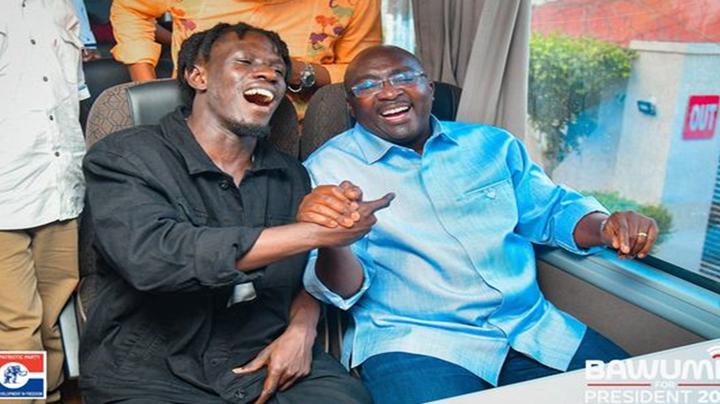
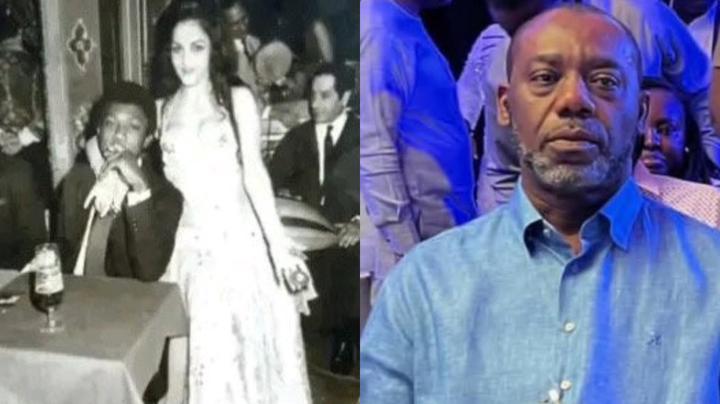
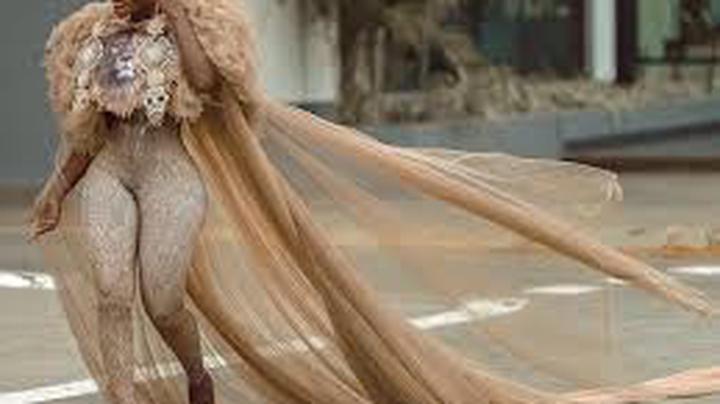



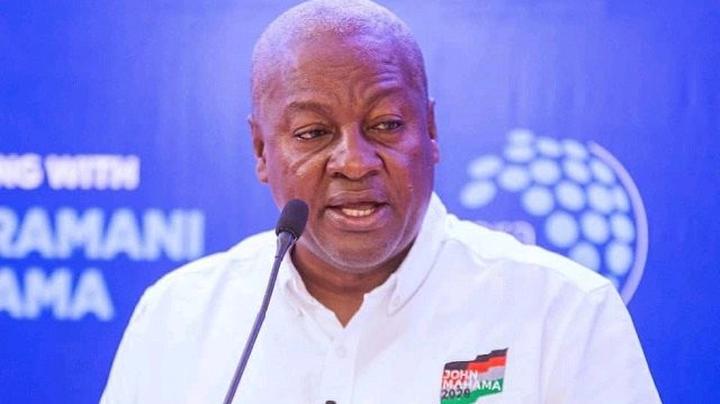

![Speaker of Parliament, Alban Bagbin [L] and Afigya Kwabre North MP, Collins Adomako-Mensah Speaker of Parliament, Alban Bagbin [L] and Afigya Kwabre North MP, Collins Adomako-Mensah](https://cdn.ghanaweb.com/imagelib/pics/925/92541450.295.jpg)

